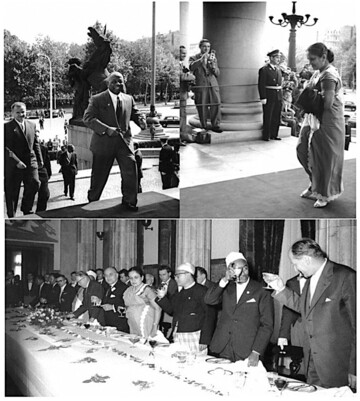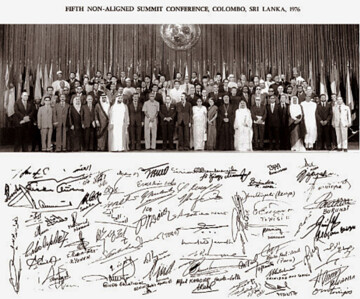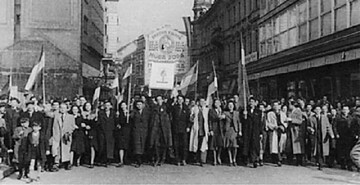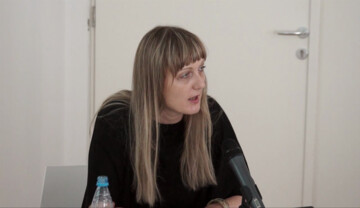On Bafflement: The Universal Right To Baffle
The term I present is not a part of the usual common(s) vocabulary; it does not stand for a function or a feature, but for an act: I would like to speak about the state of bafflement, and the gesture that is baffling. To baffle is also a certain right of disprivileged, powerless and deprived in confronting the violence of power. To baffle is not a part of the “tragedy” or of “comedy” of the commons; it is neither a resource nor a strategy. It is the right no one can undo or deny; it is to make the attempt to dramatically change the existing set of circumstances, a try to unilaterally change the paradigm itself.
Power politics excludes the powerless, placing them bellow the threshold of waging any consequential politics, beyond the possibility of participation in the world affairs as serious political partners – it denies their capacity to think and act towards the production of commonality, it neglects them as political subjects, it infantilizes their attempts to self-position and self-determinate. The gesture of political baffling is a performative way to state “we are small but we have politics”. It is often connected with the most dramatic situations which are structured around the issues of war and peace, life and death, survival or annihilation.
Political baffling always includes risk but the risk which is not a calculation of the parameters of the known that could be potentially beneficial or profitable. Importantly, to baffle is not to bluff. It is rather a total risk, which is often the only - and the common - ticket of disprivileged to participate in politics. This risk is usually contained in the possibility of invoking the new paradigm too soon.
The notion of political baffling was one of the outcomes of the research project and the publication titled On Neutrality I recently wrote together with Rachel O’Reilly and Vladimir Jerić Vlidi, examining the concepts of political peace and active neutrality in the gestures of the Non-Aligned Movement. Such politics, opposing both the Euro-Atlantic juridical management of neutralism and the Western ideology of peace, and at the same time introducing something new and unexpected - “uncommon” - can be summarized in Edvard Kardelj’s thesis of Non-Aligned “third position” in his Historical Roots of Non-Alignment, where the twofold negation of the power-blocs does not imply reaching the point of ideal equidistance from the existing centers of power, but countering the power politics as such.
To baffle is a political, material and singular gesture (has consequences; exists in the form of an act); the history of bafflement outlines no clear “theory of baffling”, as no two bafflement are the same.
Successful instances of (political) bafflement are rare, and by the very nature of its use, for the unsuccessful attempts, we will probably never know. Some acts of political baffling that we may explore in this occasion are: Melians saying “no” to Athenians, as written by Thucydides (431 BC), the demonstrations of the people of Belgrade against the Government of the Kingdom of Yugoslavia and its pact with Germany (1941) performed under the slogan Better War then the Pact, Better Grave then a Slave, The First Conference of Non-Aligned Countries in Belgrade (1961), The Fifth Conference of Non-Aligned Countries in Colombo (1976)…
Bafflement is the last instance of a certain constellation/situation/relation; sometimes, it can be the first instance of the new one.





